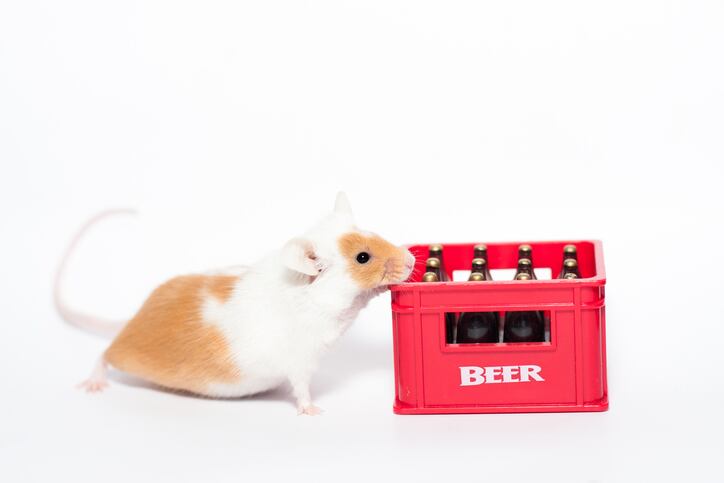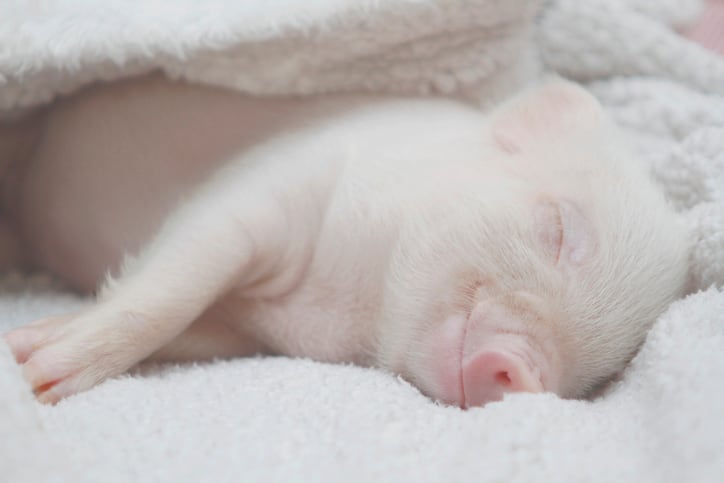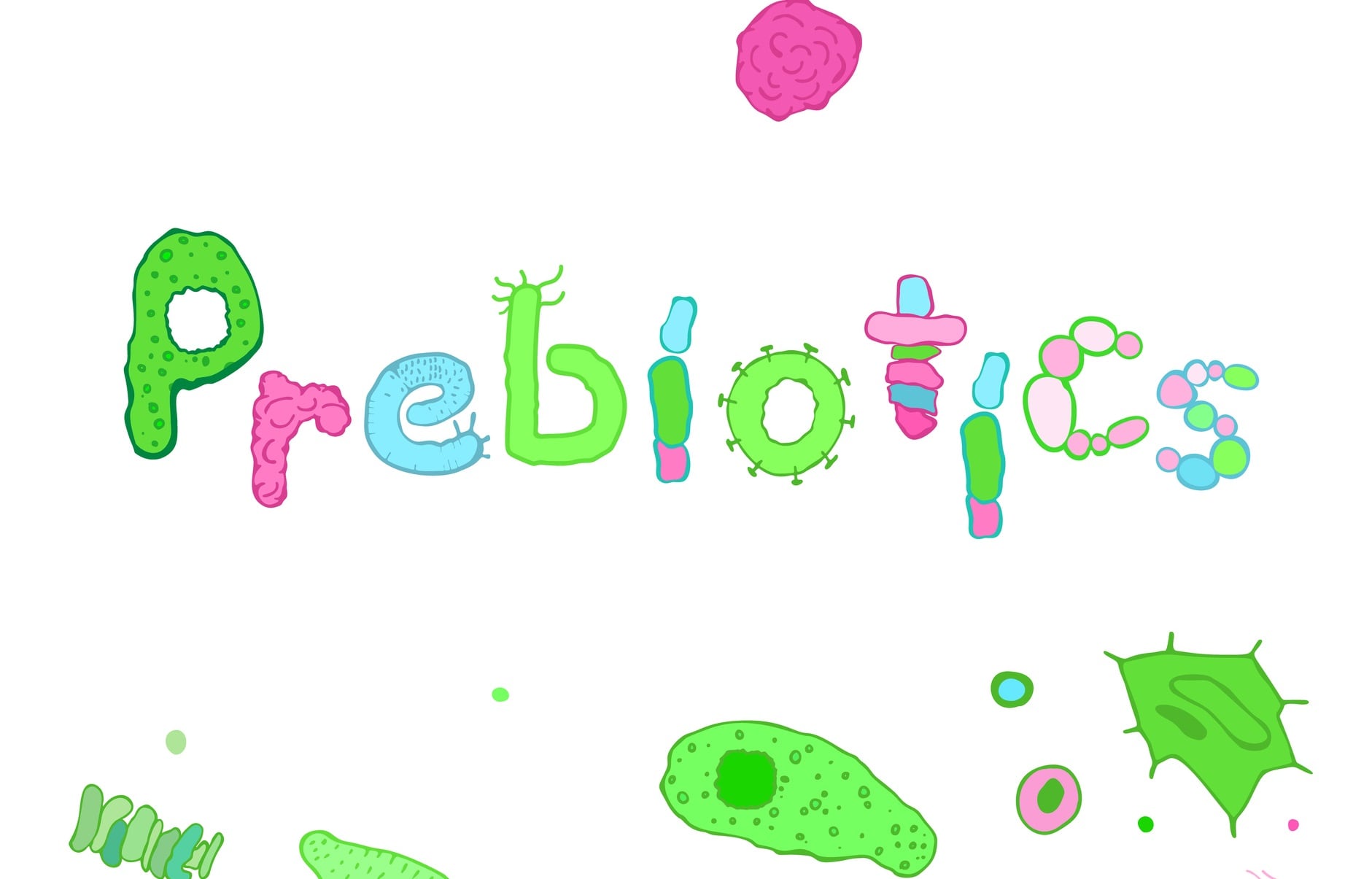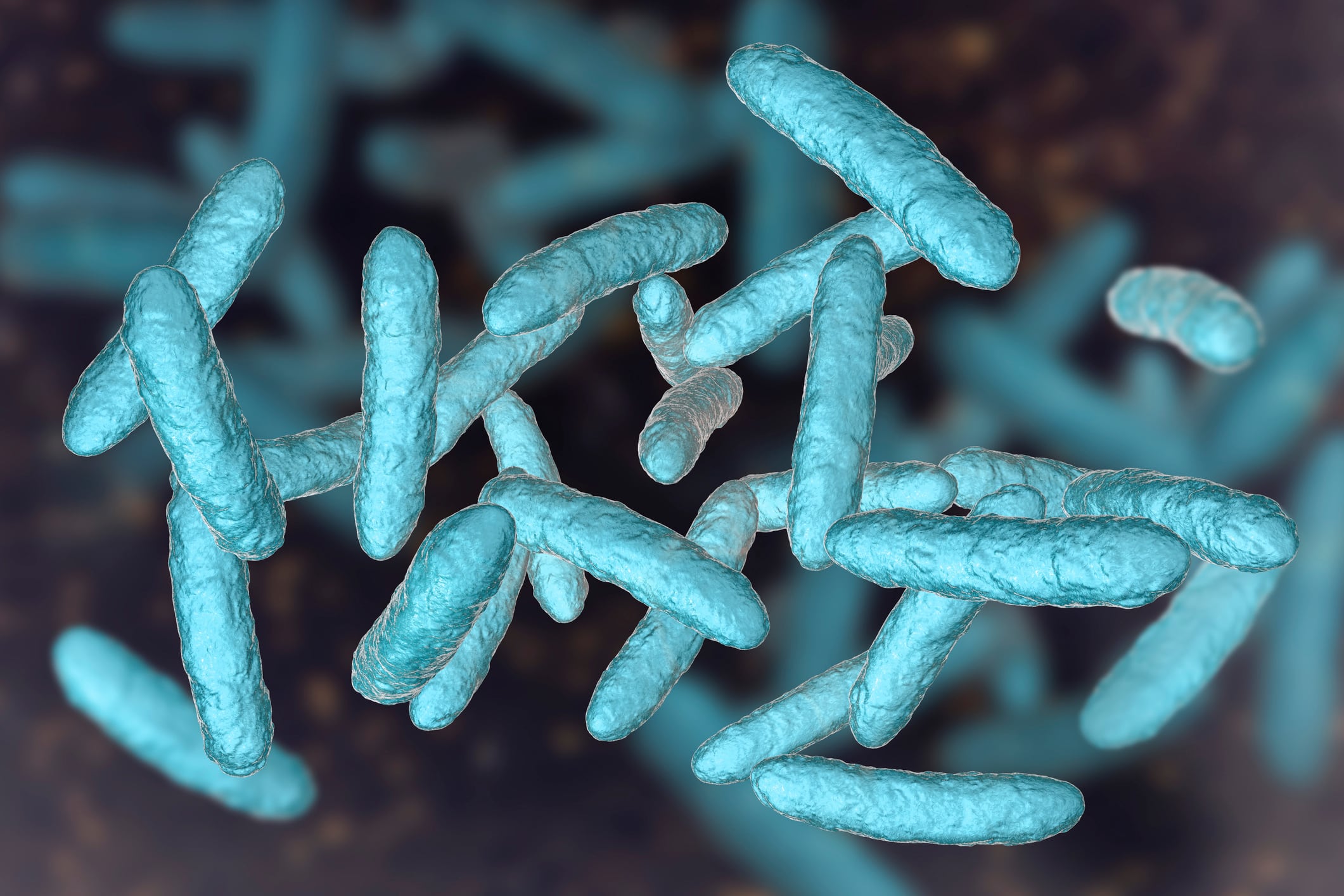Liver disease and other factors leading to dysbiosis (imbalance of microbiota) can compromise a healthy gut. While more studies are needed to understand the relationship between gut microbiota and the liver, a more detailed picture of the gut–liver axis has started to evolve, thanks to studies such as "Lactobacillus rhamnosus Granules Dose-Dependently Balance Intestinal Microbiome Disorders and Ameliorate Chronic Alcohol-Induced Liver Injury.”
Microbiome linked to overall health
The study, recently published in the Journal of Medicinal Food, involved researchers in China who wanted to explore ways to balance the gut microbiome and improve chronic-alcohol-induced liver injury.
“There is a close relationship between gut microbiota and human health, they play an important role in the pathogenesis of liver disease. Both chronic and acute alcohol consumption can lead to intestinal dysbiosis and pathogenic bacterial overgrowth that promote intestinal chronic inflammation.”
Researchers added the exact development of Alcoholic Liver Disease (ALD) is currently unknown. “It is believed that long-term and excessive alcohol intake changes intestinal microbial diversity, reduces the intestinal mucus layer and epithelial tight junction protein expression leading to intestine barrier dysfunction, and endotoxemia and lipid peroxidation in liver is enhanced and induce a large number of free radicals that cause oxidative damage of liver tissue.”
Bottoms up
To test out their theory, the researchers administered alcohol to 64 mice for eight weeks. The mice were divided into five groups, based on their diet/alcohol combination. They were also fed Lactobacillus rhamnosus granules (LGG) in low, medium and high doses the last two weeks, along with a high-fat diet.
The researchers determined that the probiotic effect of LGG dose-dependently improved alcohol-induced liver injury by reducing fat accumulation, mitigating liver damage, and restoring a healthy balance in the gut microbiome.
“Lactobacillus and Bifidobacterium can prevent the growth of anaerobic Gram-positive bacteria, inhibit the growth of Gram-negative bacteria, enhance cell phagocytic activity, and promote the secretion of IgA, and thereby enhance the cellular immune function.”
“In the present study, our findings demonstrate that 0.1 g/(day·mouse) LGG granules can prevent alcohol-induced expansion of Gram-negative bacteria in ileum and cecum and decrease enterogenous endotoxin and inflammatory response, and then ameliorated the liver injury.”
“Exciting potential”
Journal of Medicinal Food Editor-in-Chief Michael Zemel, Ph.D., said the impact of a probiotic intervention on ALD has “exciting potential.”
While the study suggests that Lactobacillus rhamnosus can restore a balanced intestinal microbiome and counter the liver-damaging effects of alcohol consumption in mice, the authors noted, “The results of the study highlight the need for future research to use a more representative clinical sample.”
Source:
Journal of Medicinal Food
(2019) doi.org/10.1089/jmf.2018.4357
“Lactobacillus rhamnosus Granules Dose-Dependently Balance Intestinal Microbiome Disorders and Ameliorate Chronic Alcohol-Induced Liver Injury”
Gu, Z., et al.




